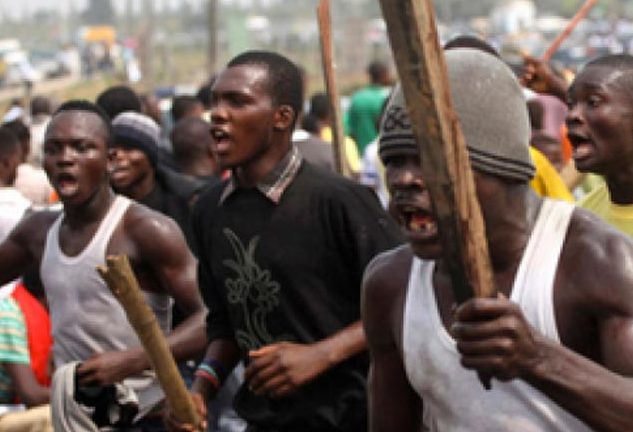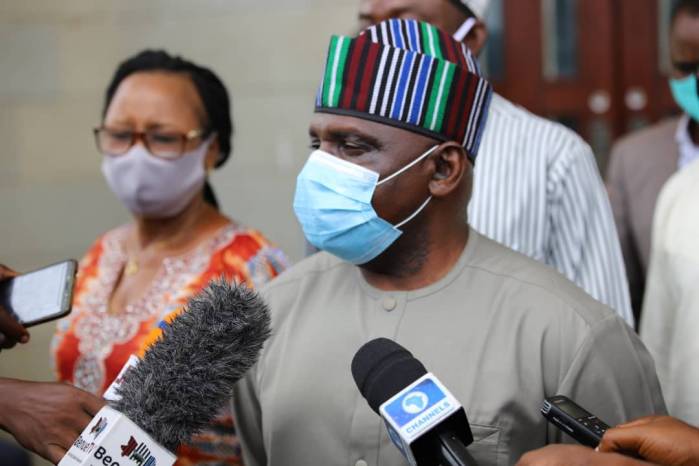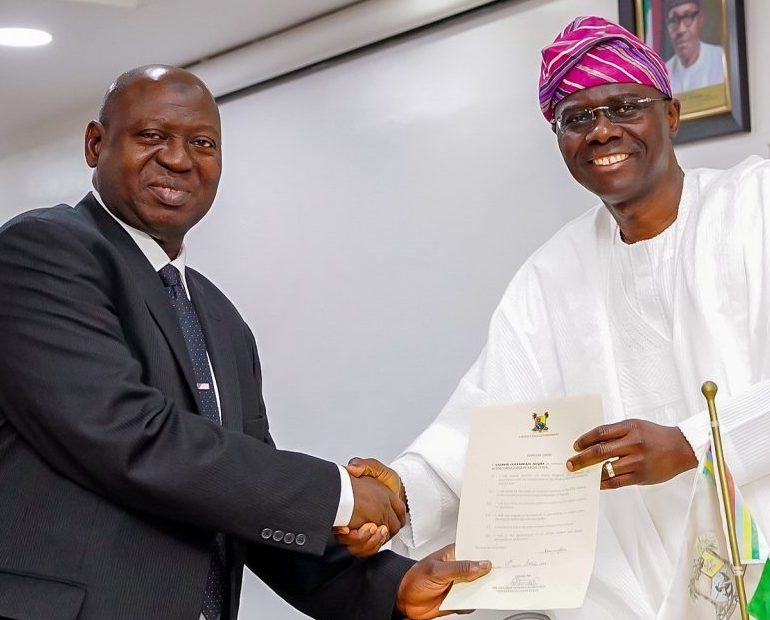The Nigeria Employers’ Consultative Association, NECA, says the foot dragging by the federal government over the implementation of a new national minimum wage was unacceptable.
The association in a statement by its Director-General, Timothy Olawale, on Thursday, also described the proposed industrial action in January next year, by the Nigeria Labour Congress, NLC, as counter-productive and disruptive to businesses in the country.
Recall that the NLC had announced a planned nationwide protest on January 8, 2019, to express workers dissatisfaction with the delay in implementing the N30, 000 minimum wage agreed on by the Tripartite Committee that negotiated the new pay.
In the statement NECA expressed concern that seven weeks after the report was submitted by a National Minimum Wage Committee inaugurated by the President, the government was still planning to subject the report to a review by another technical committee.
Olawole noted that: “Globally, there is a recognised and acceptable process of setting a National Minimum Wage as enshrined in the ILO Convention 131. This process had been adopted in previous National Minimum Wage setting in Nigeria and was meticulously applied by the National Minimum Wage Committee inaugurated by the President in December 2017.
“It was expected that following the submission of the National Minimum Wage Committee’s Report to the President on Tuesday, November 6, 2018, expedited action would be taken in transmitting a bill to the National Assembly as promised by President Muhammadu Buhari. This delay in the completion of the process had led to the proposed strike by labour, which is totally undesirable and should be avoided.
“Businesses are at present encumbered by several challenges and any avoidable labour action at the beginning of the year or any time whatsoever would be counter-productive, disruptive and would not be welcomed,”
READ ALSO: Buhari appoints Akpabio national coordinator of presidential Support Committee
He called the attention of the government to the fact that businesses were yet to recover from the huge losses incurred during the warning strike in September 2018 noting that further disruption of business activities might finally bury many enterprises.
Olawale also cautioned government that it was needless to drag the economy down further when it was still trying to recover from the effects of a recent recession.
He posited that with the high rate of unemployment as evidenced by the recently released statistics from the National Bureau of Statistics, all hands should be on deck to ensure the continued survival of businesses and called on the President to “without delay, transmit an Executive Bill to the National Assembly as promised, to enable it to finalise the process leading to the enactment of a new National Minimum Wage Act. Businesses and the economy at large cannot afford another avoidable strike.”











